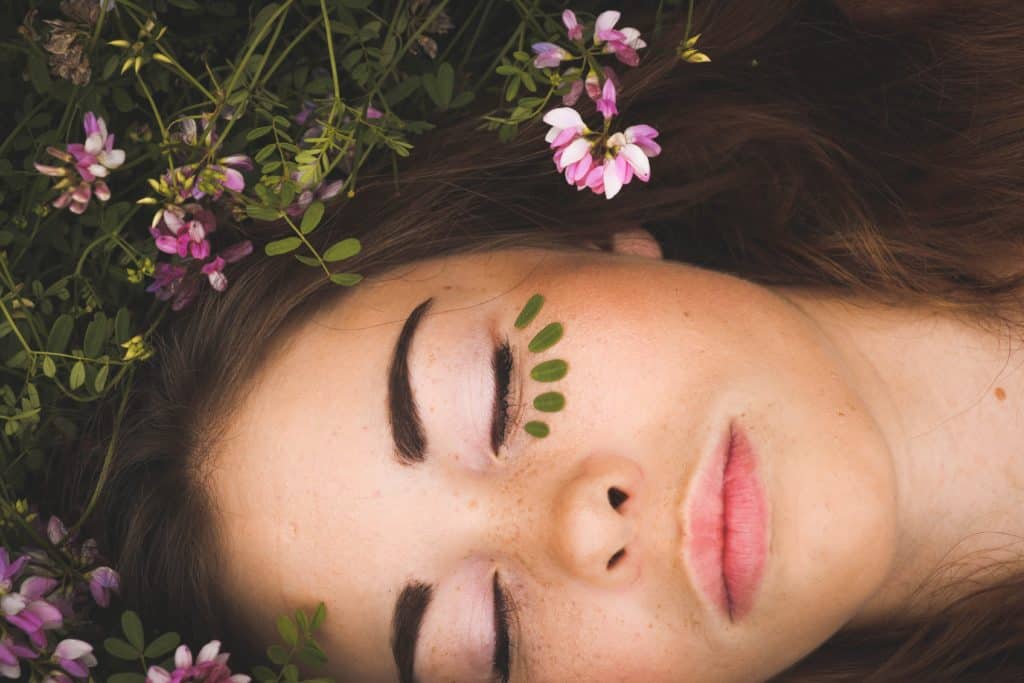Beauty consumers are upping the pressure when it comes to authenticity, transparency and sustainable practices, which makes sense, considering 120 billion units of packaging are produced every year by the global cosmetics industry. Whilst it’s clearly important for consumers, it is even more important for companies to practice sustainability at all levels of the brand lifecycle, including the launch phase.
How can your brand use data to create sustainable beauty practices?
The ambition of achieving a "zero-waste" collection should be part of your DNA as a brand. Sustainability is not only related to product production or the materials that you use in your cosmetics but also related to internal processes that involve the waste of energy, materials and/or resources. The use of data can be a great ally for both small and large companies when it comes to anticipating decisions that can be key to sustainable savings. Let's see some examples...
Listen to your audience
This is one of the most important things when it comes to reducing your waste impact as a brand. Once new products are released, you can monitor what people are saying, liking or sharing, and in what regions - in order to refine wholesale and retail orders. The products that don’t come out on top can be reconsidered or reduced in terms of order quantity. By doing this, you can also differentiate between the popularity of products in certain regions. One area might love a product that another isn’t as keen on, and this sort of insight allows you to re-strategize your ordering patterns per region, and ultimately reduce waste. Also, track what your audiences are asking you to change. Feedback from social media platforms can be invaluable when it comes to releasing your next product.
Makeup brand Milk, whose second line of their Instagram bio states that they are “cruelty-free, paraben-free and 100% vegan,” responded to their ethically conscious consumers’ demands when they released their recent 'kush mascara.' The product’s packaging is made out of a solid block of recycled aluminum, a change that demonstrates the brand's commitment to listen to and meet their audience’s expectations, encouraging conscious purchasing.
Leverage your retail marketing and influencer team
Instead of sitting on slow-selling stock, you can engage your local retail team to host in-store events and create coordinated influencer campaigns to push products that haven’t sold as well. By activating your Owned Media channels you can push exclusive sales and build buzz for your brand online, which is a great tool in attracting consumers that might not otherwise know about your in-store events. Influencers can also be a great tool to reach the right audiences. By selecting the right influencer, who reaches your target audience, you can attract new customers as well as further increase the publicity around your brand, increasing sales flow on surplus products.
Ethique, the world's first zero-waste sustainable beauty brand, leverages their Owned Media to not only spread a positive message but also awareness about their product. The beauty pioneers set up a branded hashtag, ‘#giveupthebottle’ which encourages their customers to share images transmitting their eco-friendly initiatives whilst showing off their zero-waste products. Influencers also got involved and happily put their support behind the brand’s products because of their positive impact on the beauty community.
Communicate your goals
When you are making changes for the better, it's important to communicate this to consumers, and let them know what these changes are. Not only can you activate the right influencers to share your sustainability initiatives, but also use your own channels to speak directly to consumers about the changes you plan to make. This is important for a new generation of consumers who want to understand that you are not only selling products but are also committed to making a change.
Skincare brand Ren, for example, pledged towards being completely waste-free by 2021. They are also extremely vocal about their sustainable beauty products such as the Atlantic Kelp and Magnesium Anti-Fatigue body wash, which is made in a first of its kind bottle that is 100% recyclable and 20% made up of recycled plastic from the ocean. Their blog also consistently shares content relating to promoting zero-waste and conscious beauty, ensuring they spread the word as much as possible, and show to their consumers that they practice what they preach.

